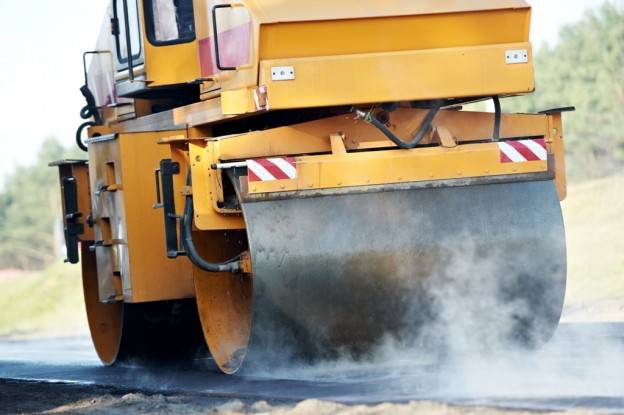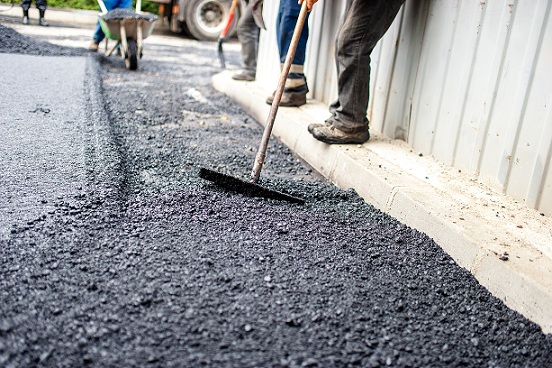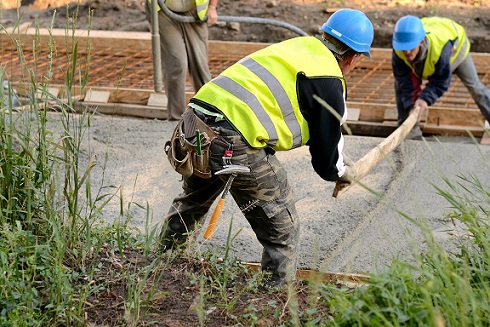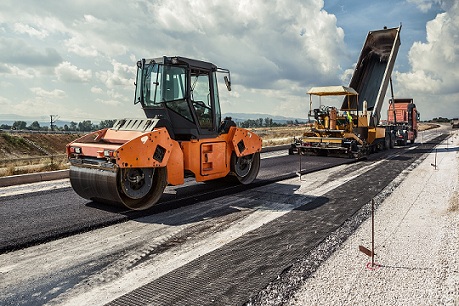
Road-building machines are used to:
- lay an earth roadbed;
- develop traffic interchanges and sidewalks; and
- build traffic structures.
As usual, there are many different road building units on the hi-tech market, so it can be difficult to make the right choice. That is why it is recommended to take into consideration the following criteria in order to choose equipment that meets all of your needs:
- volumes, intensity and characteristics of road construction projects;
- operating conditions; and
- preventive and corrective maintenance requirements.
To get a better understanding of road building units, it it recommended to have a look at the followong statistics: The road density of France and Germany is 1800-1830 km per 1000 km2; Lithuania, Latvia, Estonia, Poland and India – 1070-1175 km2, the USA- 670 km2.
One of the primary tasks of highway engineering is to pave new roads and maintain the existing ones which are performed by road building units. Preparation of high-quality road construction materials is also of great importance.
GlobeCore road construction units produce bitumen emulsion that is used as a binding material.
GlobeCore’s bitumen emulsion production unit UVB-1 and modified bitumen production unit UVB-2 are manufactured based on different designs. These units may have an open or enclosed frame, different capacity and configuration to meet the customer’s needs. GlobeCore units allow for production of binders that meet the worldwide quality standards in the road construction industry. As a result, the quality of road pavement is increased, the road construction season is extended, energy resources and financial expenditures are reduced, and hazardous waste is eliminated.
GlobeCore technology is a cost-effective way to build and repair roadways.



